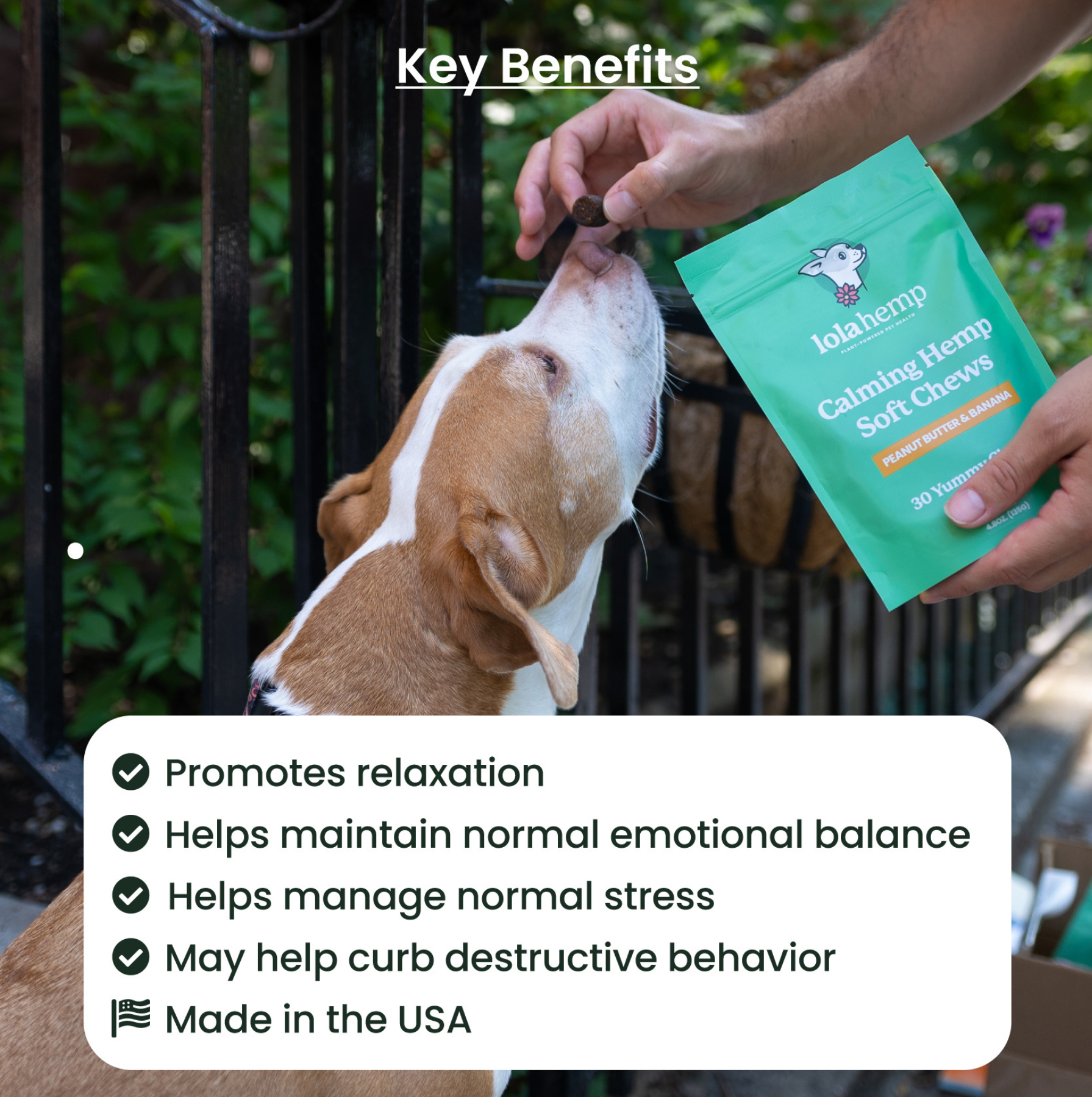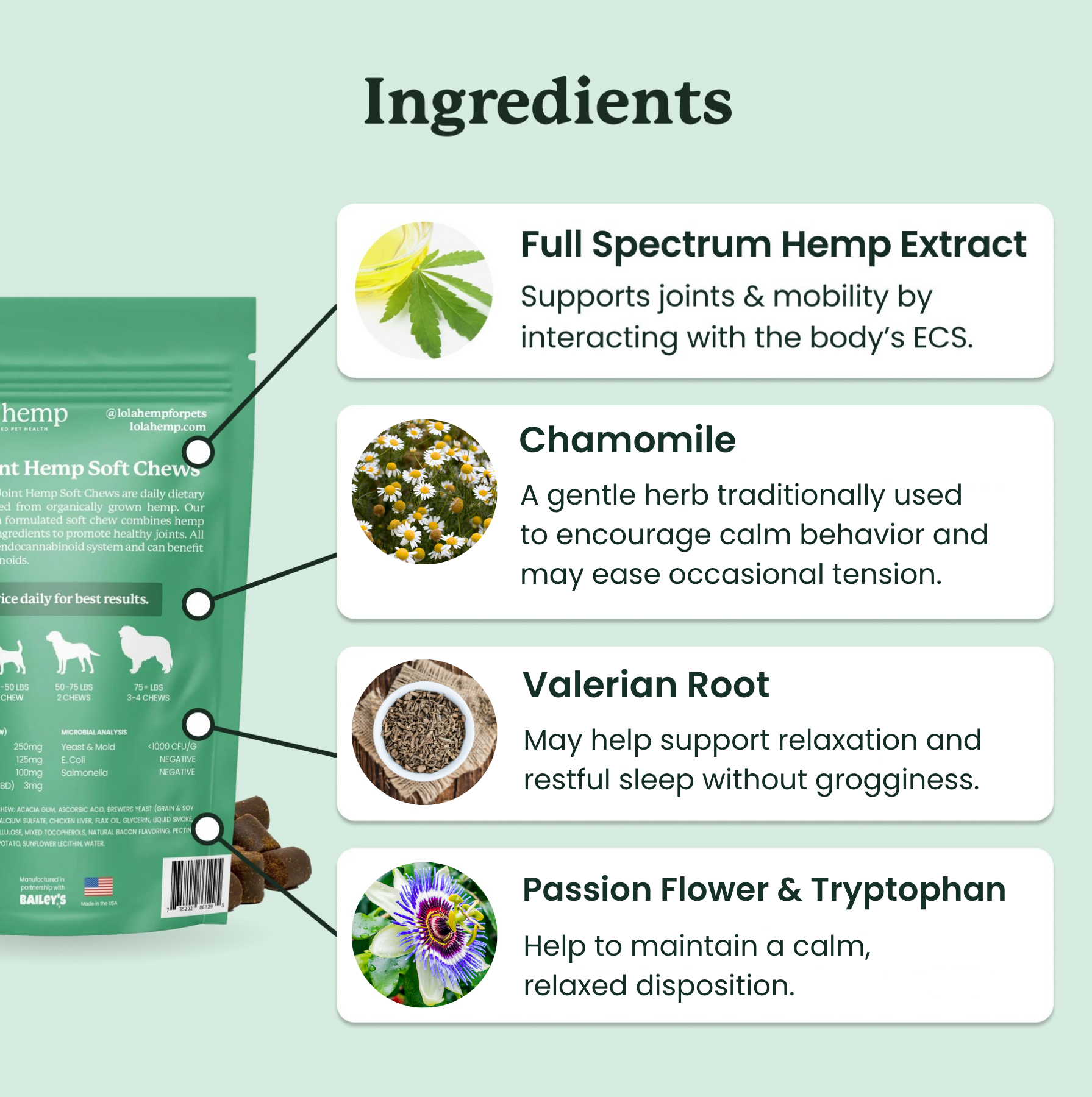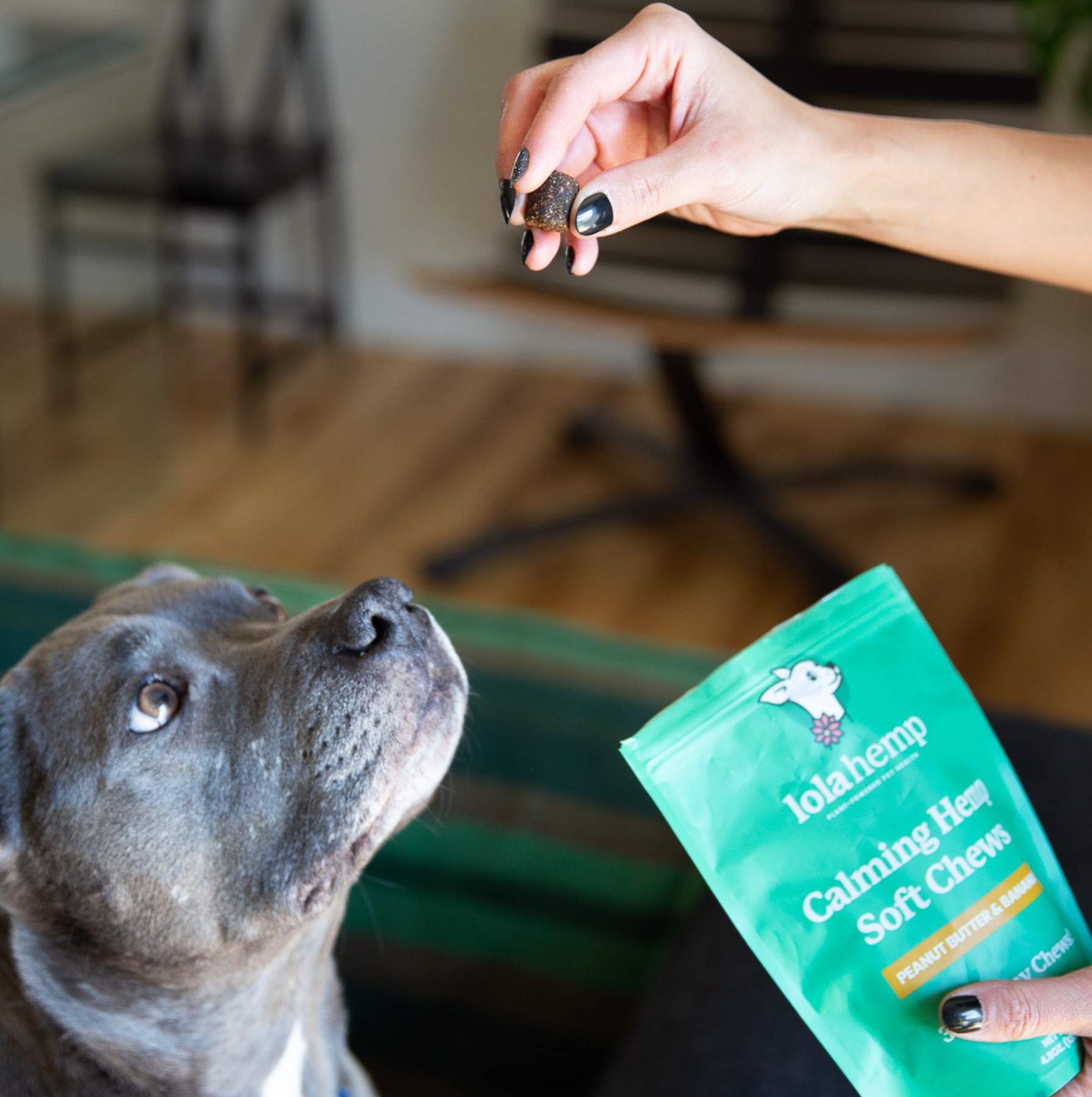Dogs are particularly prone to anxiety due to their emotional nature, deep social connections, and their inability to communicate their needs with their human counterparts.
Dogs are deeply dependent upon humans, they worry about humans, they face a set of physical and emotional challenges, and they're often unable to solve those challenges themselves. This often leads to anxiety.
This article explores the key causes, symptoms, and possible remedies for anxiety in dogs.
What are The Main Causes of Anxiety in Dogs?
Anxiety in dogs can stem from a variety of sources, and understanding these causes is key to addressing the issue effectively. Here are some of the most common triggers of anxiety in dogs:
- Separation Anxiety: This occurs when a dog becomes overly distressed when left alone or separated from their owner. It’s often accompanied by destructive behavior, excessive barking, and house soiling.
- Fear of Loud Noises: Many dogs are sensitive to loud sounds like thunderstorms, fireworks, or even construction noise, which can trigger panic and anxiety.
- New or Unfamiliar Environments: Dogs may become anxious when exposed to new surroundings or changes in routine, such as moving to a new home or visiting the vet.
- Trauma or Abuse: Previous traumatic experiences, such as abuse or neglect, can result in long-lasting anxiety in dogs, making them fearful and cautious.
- Age-Related Cognitive Dysfunction: Older dogs may experience anxiety due to cognitive decline, leading to confusion, disorientation, and fear in familiar situations.
What are The Main Symptoms of Anxiety in Dogs?
Recognizing the symptoms of anxiety in dogs is crucial for early intervention and treatment. Common signs of anxiety include:
- Excessive Barking or Whining: Dogs may vocalize excessively, often due to distress or fear.
- Restlessness or Pacing: Dogs with anxiety may have difficulty settling down and might pace or move around aimlessly.
- Destructive Behavior: Anxiety often leads to chewing, digging, or scratching as a coping mechanism.
- House Soiling: Even well-trained dogs may urinate or defecate inside the house when experiencing anxiety.
- Physical Signs: Symptoms like drooling, trembling, or panting may also indicate anxiety in dogs.
What are Some Home Remedies for Canine Anxiety?
While professional treatment may be necessary for severe anxiety, there are several home remedies that can help reduce symptoms and soothe your dog:
- Calming Products: Items such as calming collars, pheromone diffusers, and anxiety wraps can provide relief by emitting scents or offering gentle pressure.
- Exercise and Play: Regular physical and mental stimulation can help reduce anxiety by releasing pent-up energy and promoting relaxation.
- Comfort and Reassurance: Spending extra time with your dog and offering a calm, reassuring presence can help alleviate anxiety.
- Natural Supplements: Supplements such as CBD oil, melatonin, or valerian root may help reduce anxiety symptoms in some dogs.
Is There Hope for Dogs with Anxiety?
Yes, there is hope for dogs with anxiety! With the right treatment, anxiety in dogs can be managed effectively. Behavioral therapy, consistent training, calming aids like CBD oil, and providing a stable and reassuring environment can all contribute to helping a dog feel more secure. For severe cases, consulting with a veterinarian or a dog behaviorist may be necessary to develop a tailored treatment plan for your dog’s specific needs. Patience and consistency are key in helping your dog overcome anxiety.
Conclusion
Dog anxiety can be challenging for both pets and owners, but there are ways to manage and reduce symptoms. If you suspect your dog is suffering from anxiety, consult your veterinarian to explore treatment options tailored to your dog’s specific needs.
Frequently Asked Questions About Anxiety in Dogs
What are the most common signs of anxiety in dogs?
Common signs include pacing, whining, destructive behavior, trembling, excessive barking, and changes in appetite.
Can dogs grow out of anxiety?
Some puppies may outgrow mild anxiety as they mature, but long-term or severe anxiety typically requires training or treatment.
What can trigger sudden anxiety in dogs?
Sudden anxiety may be caused by loud noises, new environments, changes in routine, illness, or past trauma.
How can I calm my dog during a stressful event?
Techniques such as providing a safe space, using calming supplements, offering reassurance, and minimizing noise can help.
Is CBD safe for dogs with anxiety?
Many owners and vets report benefits from CBD for dog anxiety, but it’s best to consult a veterinarian to ensure proper dosage and safety.










